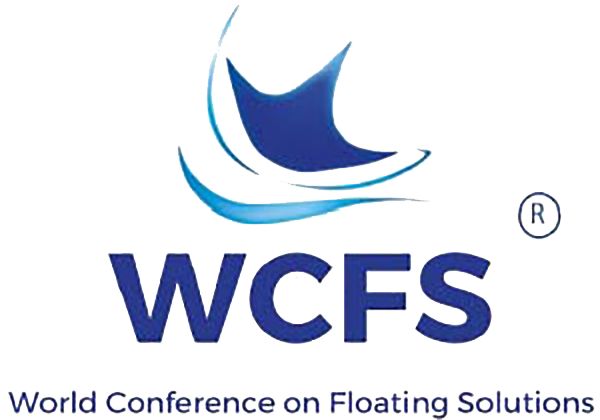World Conference on Floating Solutions
Each conference has built upon the foundation laid by its predecessors, focusing on innovative and sustainable solutions for urban waterfront development and the blue economy. The gatherings have been instrumental in bringing together international experts and leaders to share insights and advancements in the field. The proceedings of every WCFS conference are published and made accessible to the public, ensuring the dissemination of knowledge continues beyond the events themselves.
The World Conference on Floating Solutions in Espoo, Finland, with the theme “Floating solutions for sustainable urban waterfront development and blue economy,” is set to continue this tradition. The event will be of interest to architects, engineers, consultants, manufacturers, developers, government officials, researchers, academics, and postgraduate students related to floating solutions.
Key topics: Floating Solutions for Sustainable Urban Development
Urban Waterfronts and Floating Infrastructure
Offshore Renewable Energy
Climate-Resilient Floating Communities
Sustainability and Environmental Impact
Economic Opportunities in the Blue Economy
Community Engagement and Policy Support
Marine and Coastal Spatial Planning
Technological Innovations and Specialized Uses
Objectives
- To assess the academic and practical implications of floating structures in promoting sustainable development, drawing on interdisciplinary research to advance theoretical frameworks and empirical methodologies relevant to both European and global contexts.
- To critically evaluate the role of floating technologies in ecological conservation and climate adaptation, fostering scholarly discourse on their effectiveness in enhancing resilience in diverse environments.
- To facilitate international scholarly collaboration, enabling researchers to share findings, methodologies, and innovations in floating solutions that address pressing global challenges related tourbanization and water management.
- To contribute to the body of knowledge through the dissemination of research on successful floating initiatives worldwide, promoting evidence-based practices that can be adapted and implemented in various academic and professional settings.
- To explore the intersection of floating development with emerging scientific inquiries, encouraging the formulation of new research agendas and identifying future directions for study that align with sustainability goals on a global scale.
